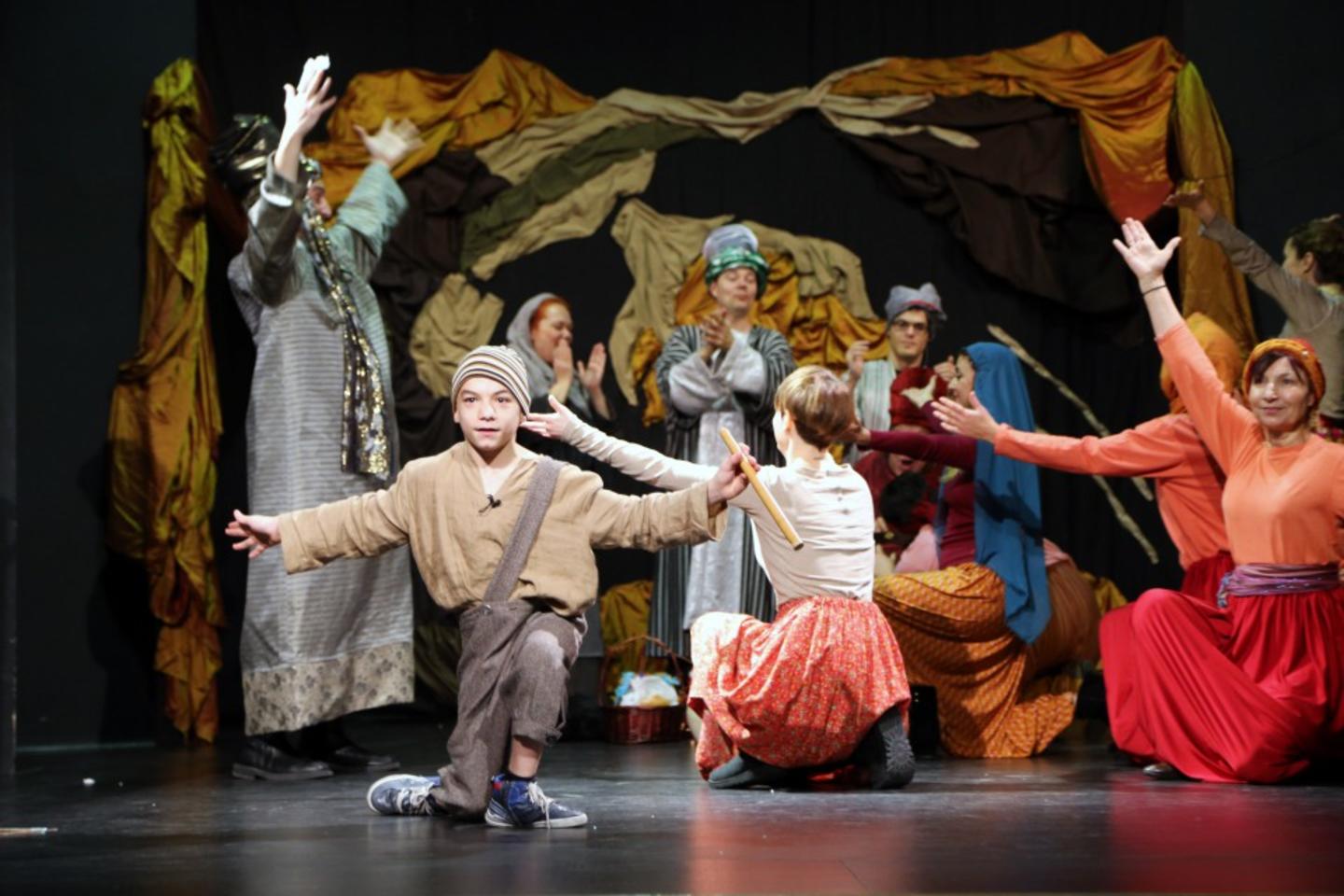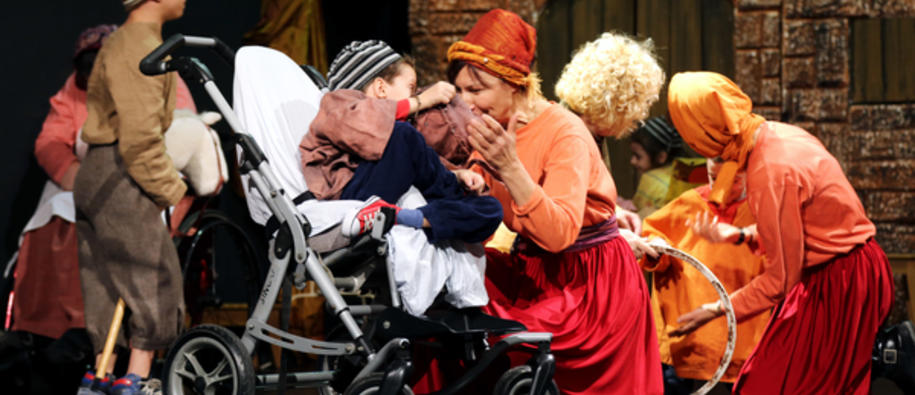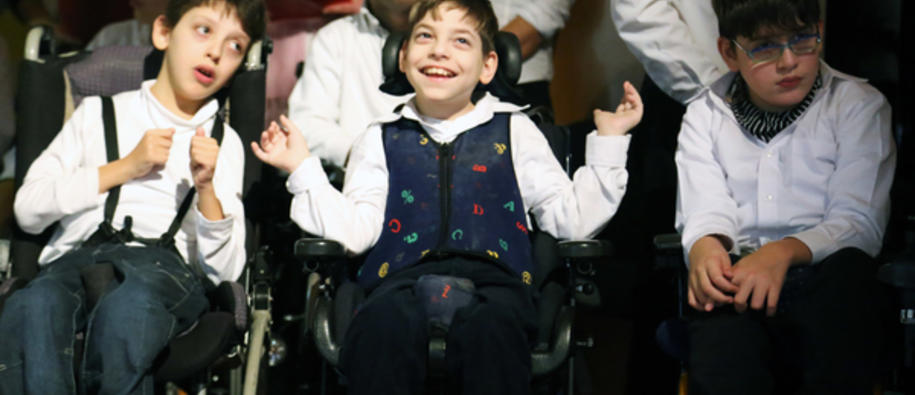“Art is so therapeutic in itself that there is no need to stress the therapy – it simply becomes visible through the activities,” says Daphne Economou, founder and chairperson of Cerebral Palsy Greece, the organisation behind the project.
Cerebral Palsy Greece has been operating in Athens for over 40 years. Its Open Door Centre provides a wide range of services including rehabilitation, therapy, education, respite care and vocational training for over 240 persons with cerebral palsy of all ages. The Centre also runs ground-breaking artistic programmes – open to everyone, this also helps to break down barriers between people with and without disabilities. With support from Iceland, Liechtenstein, and Norway through the Artability project, the centre is now able to expand the programme.
Artability uses art as an alternative therapeutic tool by offering a range of activities and seminars free of charge to anyone interested, regardless of age or physical abilities. By bringing both disabled and non-disabled people together, the project not only supports the social and cognitive skills of individuals with cerebral palsy, but also contributes to reducing prejudice and increasing awareness about disability among the public.
Youth of all ages
The core of the project lies at the Youth Club – weekly workshops focusing on drama, dance, music, art and creative writing, highlighting the talents of all.
“Everyone has something to offer,” explains Economou, “so there will always be a role for anyone who wants to join.”
The club is expanding rapidly, growing from 50 members in December 2014 to 83 members in early of February 2015.
“It’s been a magical process because even though we expected it to be successful, we still get surprised seeing how much the club grows every day. That makes us very proud,” explains Eleni Roditi, Officer for European Programmes at the Centre.
Despite the name, participation in the youth club is far from being restricted to the younger generations. In fact, roughly half of the participants are over the age of 35.
“We noted that there was a need of services for adults with cerebral palsy, including recreational activities,” says Economou, emphasising that age should not pose any limitations. “Everyone needs social interaction and to express themselves.”
Reaching out
Artability does not only focus on those who attend the centre. Spreading the value of artistic cooperation to the wider Greek community is also one of the cornerstones of the project.
“With this project we are able to go out more than before,” says Economou. “Together with the School Counsellor of Special Education, we are arranging a three-day seminar in a rural area where we will engage the local community in a small-scale version of the Youth Club,” she adds. “Similarly, we will be running nine three-month art courses in deprived areas of Athens for children, adolescents and adults with and without disabilities.”
Several other training seminars are also being organised under the Artability project, including training courses on how to establish and run art clubs similar to the Youth Club. The results of these training seminars will be showcased at Artability’s closing event – an Art Festival to be organised in Athens in March 2016.
Education through engagement
As with the Youth Club, the training seminars have been very well received – in some cases the organisers have even had to increase the number of participants to meet the demand. Grateful for the exceptional start they have had, Economou and Roditi both believe strongly in the benefits the project brings for Greek society, mentioning one of the seminar participants – a mother of a disabled child – as a particular example:
“After the training she was determined to use the new knowledge to start her own social enterprise and give back to society,” says Roditi.
“We have also found that the younger children are very positive and forthcoming with their questions,” explains Economou, who stresses the importance of actively involving non-disabled children when it comes to fighting prejudice and social exclusion. “By involving children from mainstream schools in our games and activities we are breaking new ground – and we are winning a new generation.”


